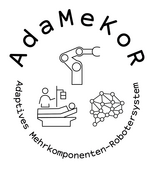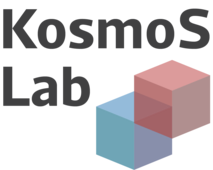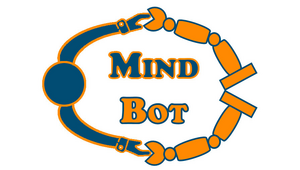
Research Departments
- Agents and Simulated Reality 2
- Cognitive Assistants 3
- Cyber-Physical Systems 4
- Design Research eXplorations 1
- Robotics Innovation Center 6
Research Topics
- Autonomous Systems 4
- Data Management & Analysis 1
- Human-Machine Interaction
- IT Security 1
- Image Recognition & Understanding 1
- Machine Learning & Deep Learning 5
- Other 2
- Robotics
- Sensors & Networks 2
- Virtual & Augmented Reality 1
Fields of application
- Environment & Energy 2
- Farming & Agricultural Technology 2
- Financial Sector 1
- Health & Medicine
- Industrie 4.0 5
- Learning & Education 1
- Mobility 3
- Other 3
- Smart Home & Assisted Living 6
- Trade & Logistics 2
Search narrowed by:
Displaying results 1 to 10 of 11.
Research Departments
- Agents and Simulated Reality 2
- Cognitive Assistants 3
- Cyber-Physical Systems 4
- Design Research eXplorations 1
- Robotics Innovation Center 6
Research Topics
- Autonomous Systems 4
- Data Management & Analysis 1
- Human-Machine Interaction
- IT Security 1
- Image Recognition & Understanding 1
- Machine Learning & Deep Learning 5
- Other 2
- Robotics
- Sensors & Networks 2
- Virtual & Augmented Reality 1
Fields of application
- Environment & Energy 2
- Farming & Agricultural Technology 2
- Financial Sector 1
- Health & Medicine
- Industrie 4.0 5
- Learning & Education 1
- Mobility 3
- Other 3
- Smart Home & Assisted Living 6
- Trade & Logistics 2





